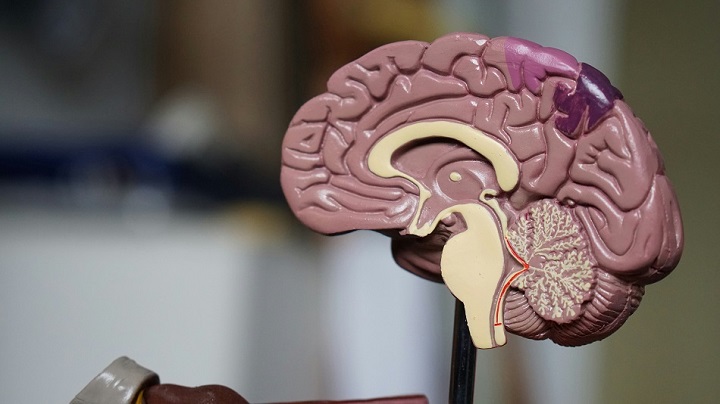
In today’s fast-paced world, maintaining optimal cognitive function is more important than ever. Whether you’re a student, a professional, or someone looking to preserve mental acuity into older age, the food you consume plays a pivotal role in the health of your brain. This article delves into the fascinating realm of brain nutrition, highlighting the foods scientifically proven to boost cognitive functions such as memory, concentration, and problem-solving skills.

The Science Behind Brain Foods
At the core of brain health is the concept of neuroplasticity, the brain's ability to form new neural connections throughout life. Essential nutrients such as omega-3 fatty acids, antioxidants, and vitamins play a crucial role in this process, enhancing brain function and protecting against cognitive decline.
Key Nutrients for Brain Health
Omega-3 Fatty Acids: Vital for building brain and nerve cells.
Antioxidants: Protect against oxidative stress and inflammation.
B-Vitamins: Crucial for energy production and repair of brain cells.
Vitamin E: Known for its neuroprotective properties.
Top Foods for Enhancing Cognitive Function
Fatty Fish
Rich in omega-3 fatty acids, fatty fish like salmon, trout, and sardines are excellent for improving brain health. These fats are essential for learning and memory, not to mention their role in slowing down age-related cognitive decline.
Berries
Packed with antioxidants, berries such as blueberries, strawberries, and blackberries can delay brain aging and enhance memory function. The flavonoids in berries have been found to improve communication between brain cells.
Nuts and Seeds

A source of antioxidants, essential fats, and vitamin E, nuts and seeds like walnuts and flaxseeds support brain health and protect against neurodegenerative diseases.
Whole Grains
Whole grains are a rich source of vitamin E and other antioxidants. Foods like oats, barley, and quinoa can contribute to brain health by improving blood flow to the brain, enhancing cognitive functions.
Leafy Green Vegetables
Leafy greens like spinach, kale, and broccoli are high in brain-healthy nutrients, including vitamin K, lutein, folate, and beta carotene. Research suggests these foods may slow cognitive decline.
How to Incorporate Brain Foods into Your Diet
Simple dietary changes can make a big difference. Incorporate fatty fish into your meals twice a week, snack on nuts and berries, and choose whole grains over refined grains. Adding leafy green vegetables to your daily diet can also significantly impact your brain health.
Meal Planning Tips
Preparing meals in advance and incorporating a variety of brain-boosting foods can help ensure you’re feeding your brain all the nutrients it needs to function at its best.
The Impact of Hydration on Cognitive Function
Hydration is crucial for cognitive health. Water facilitates the delivery of nutrients to the brain and helps remove toxins. Even mild dehydration can impair cognitive functions and mood.
The Role of Supplements in Brain Health
While a balanced diet is the best way to get the nutrients your brain needs, supplements can also play a role in filling nutritional gaps. However, it’s important to consult with a healthcare professional before starting any supplement regimen.
Conclusion
Feeding your brain the right foods can significantly enhance your cognitive functions, protect against mental decline, and boost your overall health. By making mindful choices about what you eat, you can support your brain’s health and enhance its ability to perform at its best.

